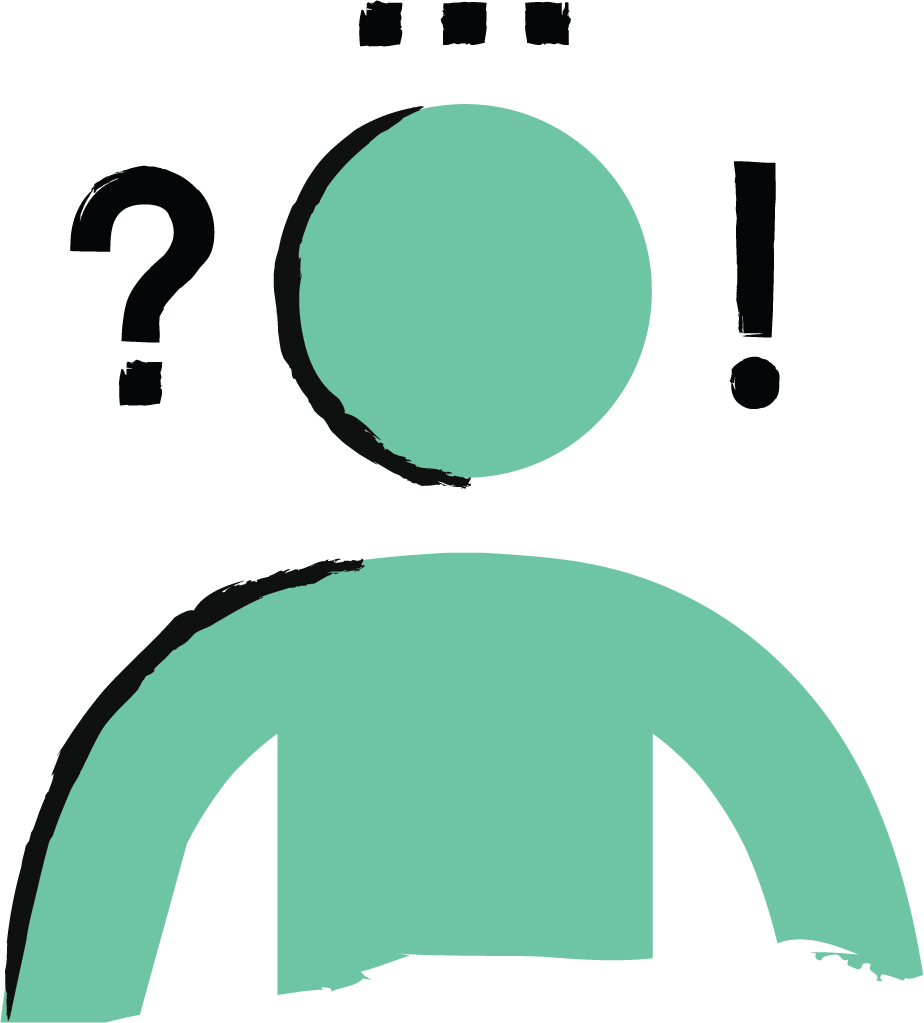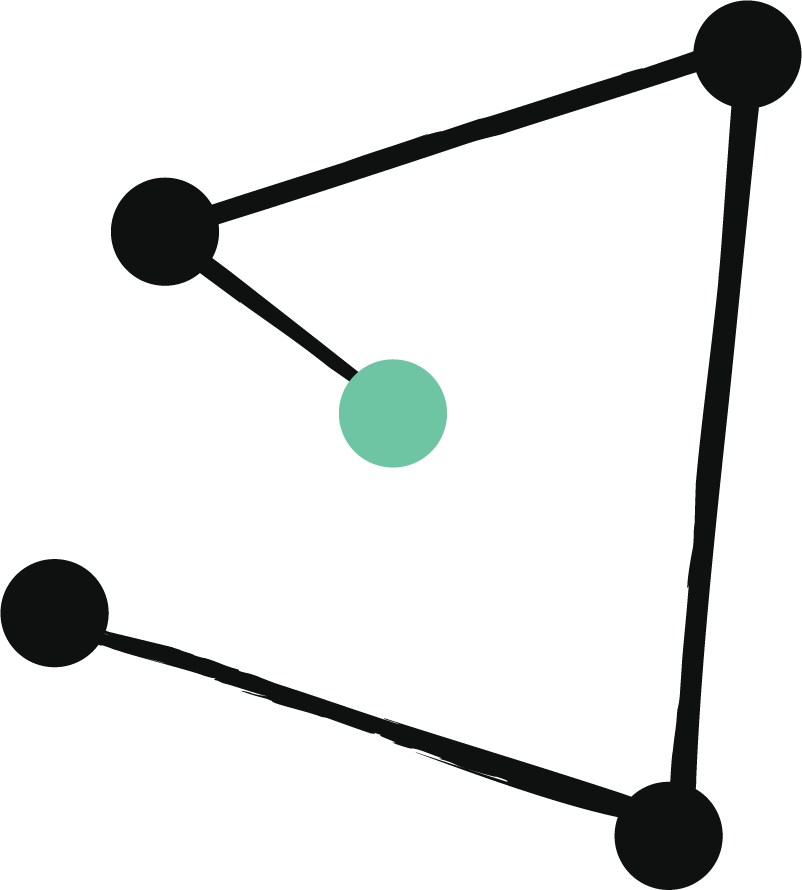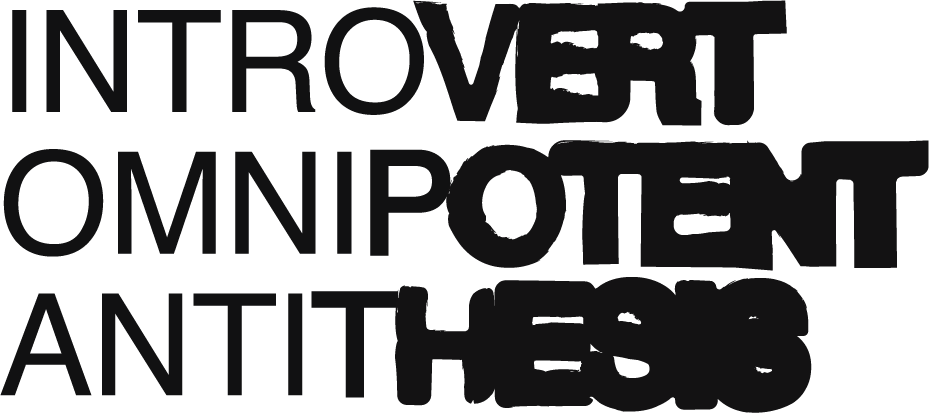DO I ACTUALLY KNOW THE
MEANING OF THIS WORD?
It matters in which context we use certain words. Think about it: if we don't use them correctly, the communication channel may dead-end and one party may misunderstand the other. An equally uncomfortable situation can arise when someone tries to make a point in a conversation by using a variety of technical terms to reinforce their argument, but then uses the words incorrectly. Another case might be when, during a test, a job interview or even a date, we hear a phrase that confuses us because we think we don't know it. But these are just a few examples of many, all of which can be solved by critical thinking and objective consideration of our ideas.
Think Before Speaking
Reflect on what you are about to say and ask yourself if it’s the truth. Don’t make something up just to have something to say and don’t speak if you’re about to tell a lie. Another important thing is to say something if it’s helpful or stay silent if it’s not. Speaking up can be beneficial to other people if you have something to say that might be helpful to them, so if this is the case, go ahead and speak up. Identify whether your comment might be Inspiring to other people. If you are about to pay someone a compliment, encourage them to keep working towards a goal, or tell them a story that might inspire them, do it!

Use Context to Define the Word
It can be very frustrating to have your reading interrupted by an unknown word. If you are in the middle of an exam or an assignment for school or work, it can also be very stressful. If you can't reach for a dictionary, take other steps to figure out what the word means. Another important thing is to identify words you do understand by using other words in the sentence to help you define the unknown word. Think about what else is happening in the sentence. Sometimes, the context clues will not be as clear. You will have to use logic to figure out the word. You can also use experience, or prior knowledge, of the topic.

Understanding Basic Etymology
Etymology is the study of the meanings of words. It also looks at the origins of words, and how they have changed over time. By learning about etymology, you can find new ways to define unknown words without using a dictionary. Start by looking at each part of the word in question. It is very helpful to look to see if the word has a common prefix. Prefixes are the first part of the word. For example, a common prefix is "anti". "Anti" means "against". Knowing this should help you figure out the meanings of words such as "antibiotic" or "antithesis". "Extra" is a prefix that means "beyond". Use this to figure out words such as "extraterrestrial" or "extracurricular". Other common prefixes are "hyper", "intro", "macro" and "micro". You can also look for prefixes such as "multi", "neo" and "omni".
But identifying root words will also help you: a root word is the core word, without a prefix or suffix. By learning common root words, you can begin to identify new words more easily. You will also be able to recognize words that have had a prefix or suffix added. An example of a root word is "love". You can add many things to the word: "-ly" to make "lovely". "Bio" is a Greek root word. It means "life, or living matter". Think about how we have adapted this root word to become "biology", "biography", or "biodegradable".
If you can increase the size of your vocabulary, you will find yourself less likely to encounter unknown words. There are several steps you can take to effectively build your vocabulary. For example, you can start by writing notes. Every time you encounter an unfamiliar word, write it down. Then later, when you have access to a dictionary, you can look it up for a precise definition. There are a lot of tools that you can use to help you build your vocabulary. The most obvious is a dictionary. A thesaurus can also be very helpful. It will give you synonyms for all of the new words you are learning.
Reading is one of the best ways to increase the size of your vocabulary. Make it a point to read each day. Both fiction and non-fiction will be helpful. But playing games will also help you. Learning can actually be fun! There are many enjoyable activities that can help you to build your vocabulary.



